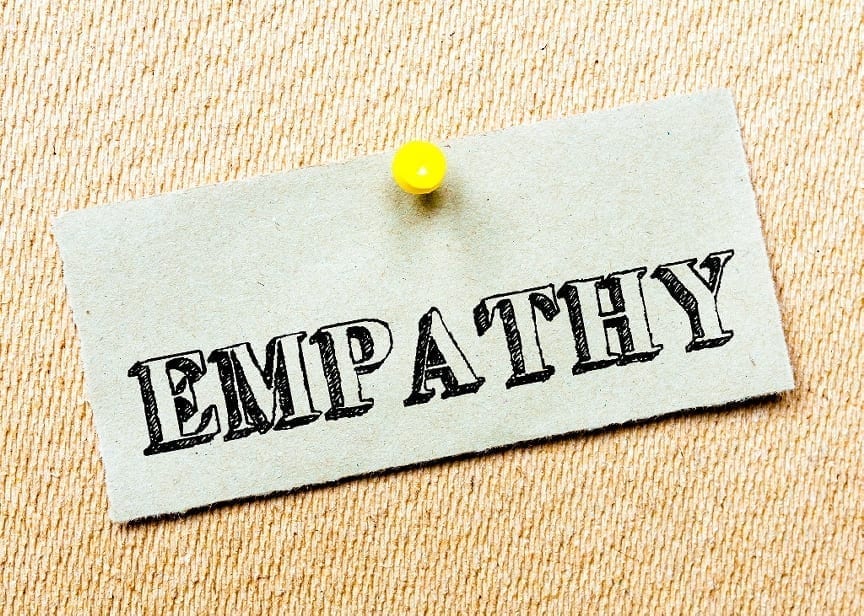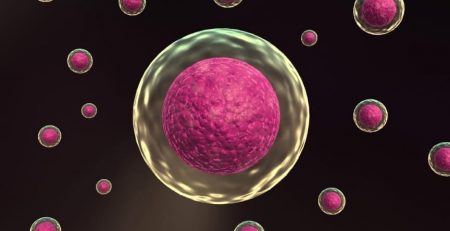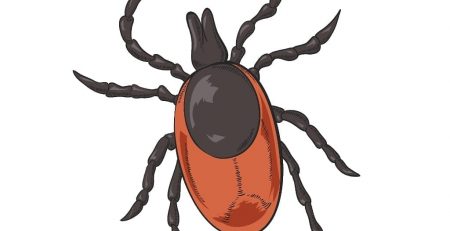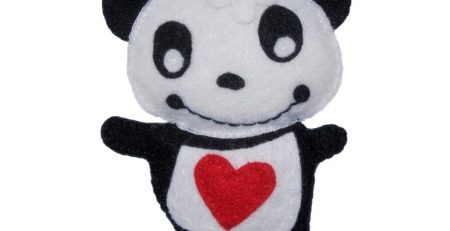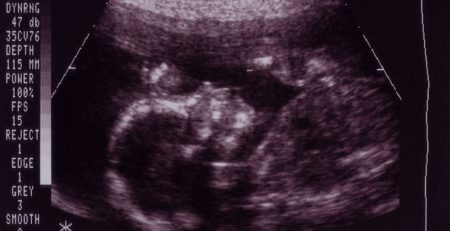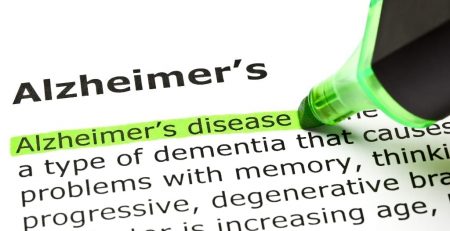Study Finds: Empathy Driven by Social Experiences
Recently the University of Chicago did an interesting study on empathy driven behaviors in rats. The whole study and article will make you think profoundly about how humans react and have empathy towards people of various genders, races and ethnicities. The study found that rats were not naturally born with a sense of empathy, but rather developed a sense of empathy through positive social experiences. In order to expand this sense of empathy the rate needed to be exposed to diverse groups of rats. This study was judged by seeing how frequently rats freed other strangers. They did it by associating rats with two broad categories of rats, Albino and black hooded. The albino rats were always the free rats making the decision whether to extend a sense of empathy. When albino rats, raised with other albinos, were given the ability to free another albino rate, they usually did. However, they wouldn’t free the black hooded rats. However, once the free albino rat was housed with a black hooded companion the albino rats would then begin freeing other black hooded stranger rats. It was even tested if a rat was housed with a black hooded rat, then housed with an albino rat, the rats would continue to free black hood stranger rats. To test the theory further, they decided to house an albino rat with a black hooded rat from birth. Even when exposed to its own strain of albino rats the albino rat would not help. However, the albino rat helped the black hooded rat. The basic summary here is that rats aren’t born with an innate sense of empathy to help their own kind; instead that reaction is learned through social interaction. One main difference is that rats have no mirror in the wild and that they identify with who they are through social interactions. While previous studies have shown similar results for humans, it is key to remember that humans do have a self-physical image to alter this. However, this brings up a remarkable question on the sense of empathy that is instilled through our own natures and social interactions.




